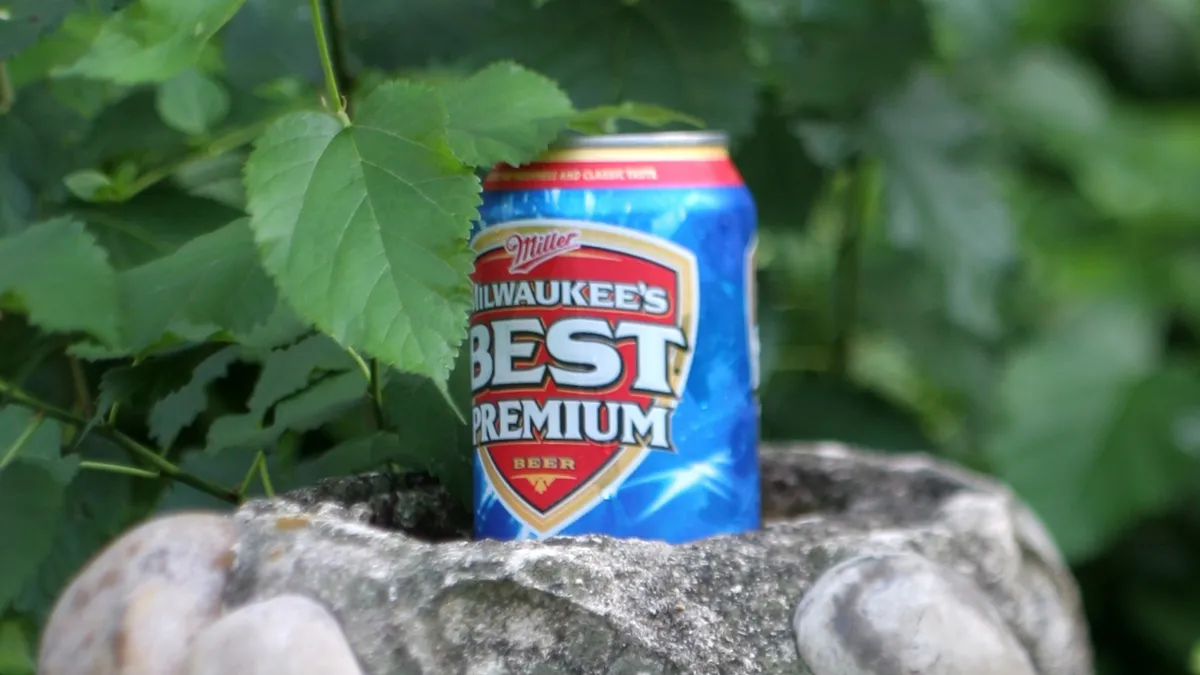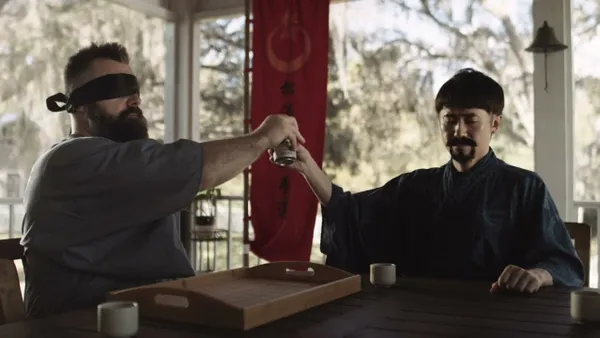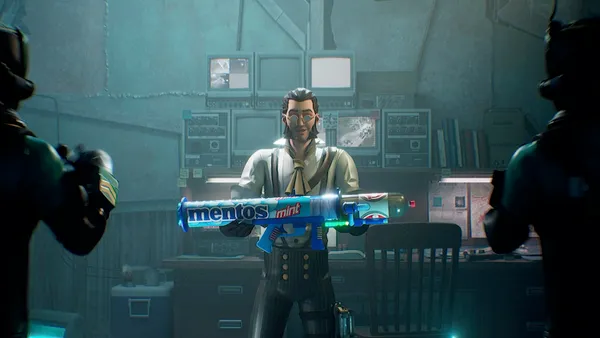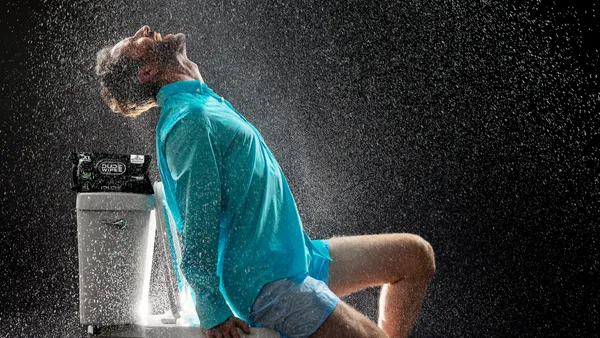Dive Brief:
- Molson Coors will discontinue 11 of its economy brands and about 100 SKUs as the next step in its efforts to prune its portfolio and retarget its business, CEO Gavin Hattersley said on Thursday on his call with investors as part of the company's most recent earnings report.
- Moving forward, Hattersley said the company will continue its strategy of premiumization. The company plans to invest more into its global hard seltzer portfolio and permanently streamline a smaller portfolio of legacy brands, he said.
- Hattersley has made several other recent changes to turn around the legacy brewer's sales and financial outlook. These include increasing production capacity fourfold for seltzers and other RTD alcohol innovations, forming partnerships to brew and distribute alcoholic beverages including Yuengling and Topo Chico Hard Seltzer, working on CBD drinks through a partnership with cannabis producer Hexo, and getting involved in nonalcoholic drinks such as energy drink Zoa and La Colombe RTD coffee.
Dive Insight:
When Hattersley talked about discontinuing brands and SKUs on the earnings call, he summarized the overarching story.
"The headline is simple: Premiumization is here to stay at Molson Coors," he said, according to the transcript.
According to a report in AdAge, the brands that will sunset include Milwaukee’s Best Premium (but not its ice and light varieties), Mickey's Fine Malt Liquor Ice (but not the core brand), Henry Weinhard’s Private Reserve, Keystone Ice, Hamm’s Special Light, Keylightful (a fruity line extension of Keystone Light), Icehouse Edge, Magnum, Miller High Life Light, Steel Reserve 211 and Olde English HG 8000. There is no companywide strategy to discontinue these brands. Hattersley said on the call these brands are popular among some local areas, and Molson Coors' local sales teams will discuss a sunset strategy that makes sense — and continues to fill coolers with comparable options — with individual distributors and retailers.
This move should come as no surprise, considering Molson Coors' consistent efforts to change its strategy and turn around its sales. As consumers have become more interested in other beverage options — both alcoholic and not —beer sales have weighed on many traditional brewers. According to IWSR Drinks Market Analysis research, beer consumption in the U.S. dropped 7.5% from 2015 to 2020. During that same time, market share for beer in the U.S. alcohol space slipped 3.5 percentage points to 44%, data from Statista showed.
From the time he took the helm of Molson Coors in late 2019, Hattersley has been trying to find the solution to this trend.
"It was clear that people were looking for other alternatives and other choices and we were being at a clear disadvantage because we didn't play in some of those spaces," Hattersley said in a previous interview with Food Dive. "Our portfolio was pretty challenged."
Moving more toward premium drinks has been a strategy employed by others in the alcohol space. In 2019, Constellation Brands sold a large economy wines portfolio for more than $1 billion to E. & J. Gallo Winery. Diageo sold several lower-tier spirits brands to Sazerac for $550 million in 2018, and is pursuing an M&A strategy focused on bringing more premium brands into its fold. This mindset brought Diageo acquisitions including Ryan Reynolds-backed Aviation Gin and premium hard seltzer Lone River Ranch Water.
Hattersley's strategy so far appears to be making an impact. The company's most recent quarterly earnings showed a increase in sales of 17.4% when compared to a year ago — the best results the company has seen since the revitalization plans started, Hattersley said in the press release with the report.
















